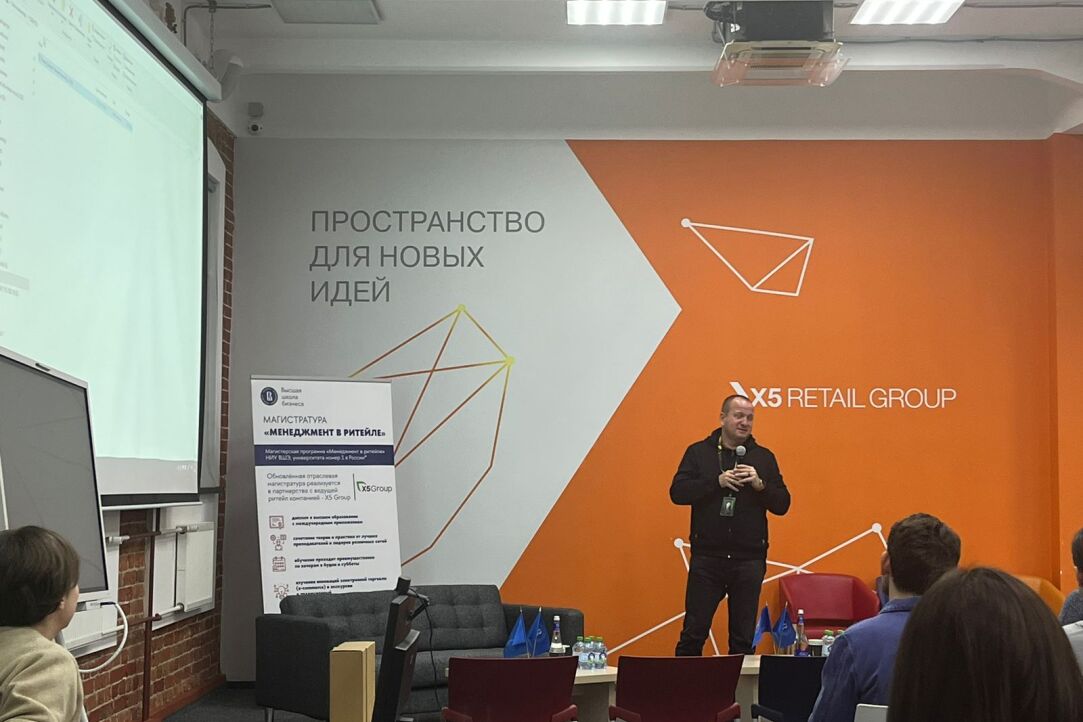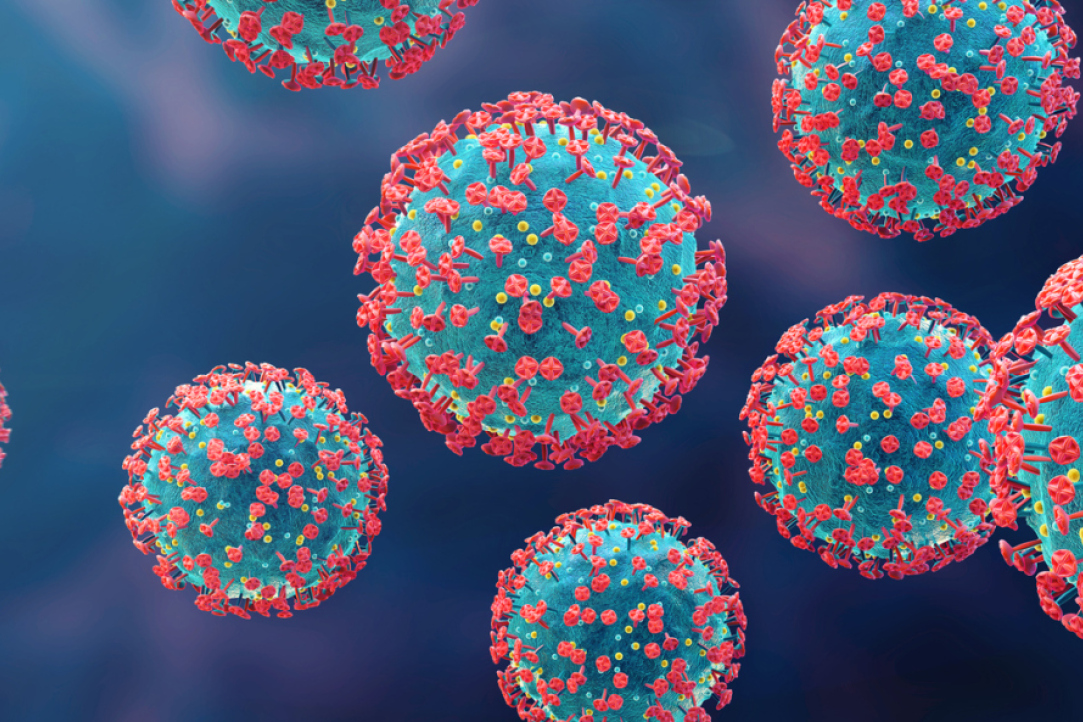
‘It’s Great to Work with Great People’: HSE University Hosts Retail Night
A few days ago, Retail Night was held as part of informal meetings between master’s students of the HSE Graduate School of Business and business representatives. Ilya Yakubson, Managing Director of the Chizhik hard discounter chain, took part in the event as a guest. The discussion was moderated by Alexander Lebedev, Academic Supervisor of the Master’s programme ‘Retail Management.’

Readers Found to Rely on Word Spelling Rather Than Sound in Reading
Skilled readers are known to extract information not only from the word they are looking at but from the one directly following it. This phenomenon is called pre-processing. Researchers from the HSE Centre for Language and Brain analysed the eye movements of primary school children and adults during silent reading and found both groups to rely on orthographic, rather than phonological, information in pre-processing an upcoming word. The study has been published in the Journal of Experimental Child Psychology.

'One of the Main Advantages is That Our Programme Has Two Training Directions—Management and Economics'
In the next academic year, HSE University-St Petersburg will open a new master's programme in Data Analytics for Business and Economics. It utilises the combined experience of two other programmes, creating a symbiosis of the strongest and most in-demand courses. Natalia Volkova, Academic Supervisor of the programme, explains what kind of specialists the programme trains, which tracks are available for students, and which soft and hard skills they will gain.

Scientists Create Uniquely Stable Trimeric Model of Coronavirus Spike Transmembrane Domain
A team of Russian scientists, including HSE MIEM researchers, have presented a 3D model of SARS-CoV-2 S-protein transmembrane (TM) domain. Previously, the TM domain had only been believed to anchor the S-protein in its viral membrane without being involved in rearrangement and fusion with the host cell. Yet according to recent studies, the TM domain appears to have a function in the transmission of genetic information, but its role is not yet fully understood. The researchers believe that the model they have created can contribute to a better understanding of viral mechanisms and potentially lead to the development of novel antiviral drugs. The study has been published in the International Journal of Molecular Sciences.

